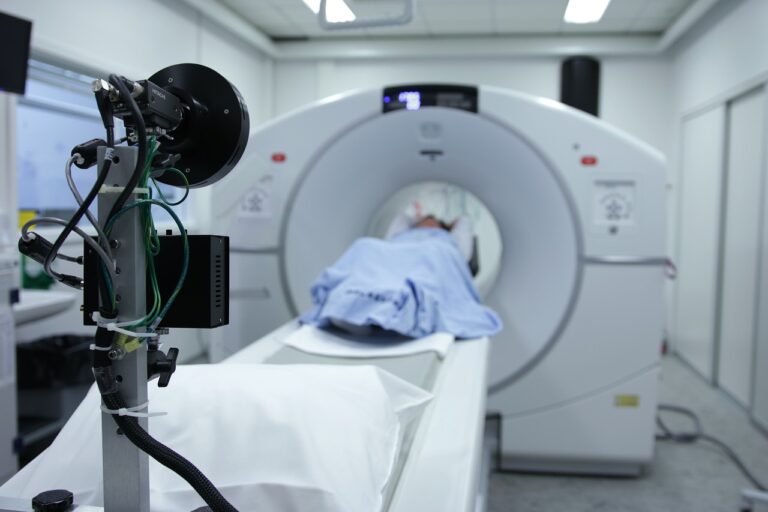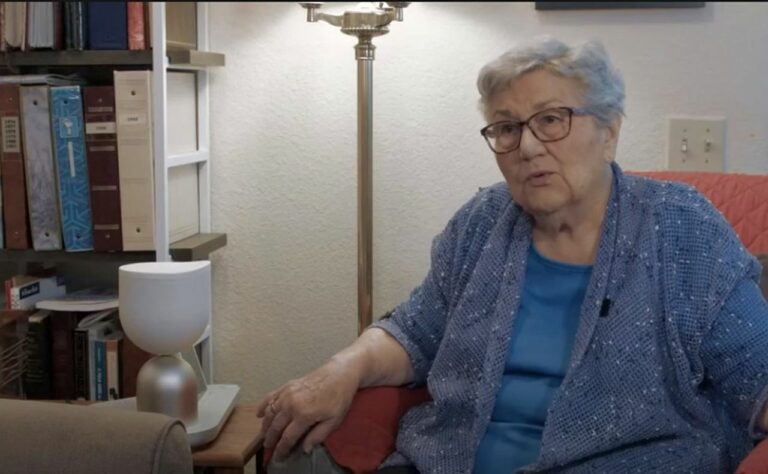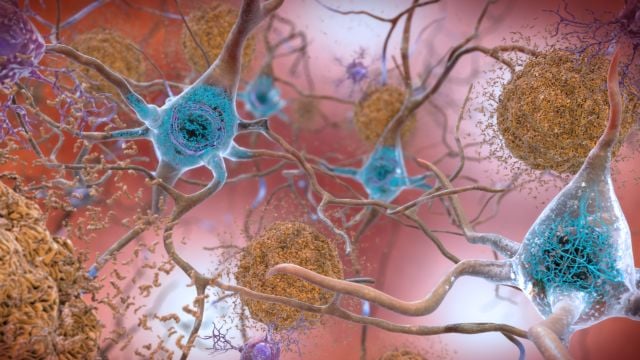
Lund Blood Test Enables Early Alzheimer’s Diagnosis & Treatment
A large study led by Lund University in Sweden has shown that people with Alzheimer’s disease can now be identified before they experience any symptoms.

A large study led by Lund University in Sweden has shown that people with Alzheimer’s disease can now be identified before they experience any symptoms.

The Housing Learning and Improvement Network looks at the design process and philosophy behind creating a successful Extra Care scheme.

Researchers find people living in towns with lots of green space were least likely to have Alzheimer’s or Parkinson’s.

Taking a daily multivitamin supplement can slow age-related memory decline, researchers found.

Meet ElliQ, a friendly little robot companion to brighten the days of older adults who spend most of their time at home.

Researchers find that people with dementia who received the drug suvorexant showed a drop in tau and amyloid beta. The drug is already available for sleep problems in Alzheimer’s. Learn more.

Canada’s first dementia village enables its inhabitants to live their lives in freedom and dignity, while ensuring they have person-centered care. Learn more.

Research shows that lecanemab is the first drug ever to slow cognitive decline in Alzheimer’s. Learn more.

The FDA has approved the supplemental New Drug Application (sNDA) of REXULTI® (brexpiprazole) for the treatment of agitation associated with Alzheimer’s. It’s the first such treatment to be approved in the US. Learn more.

Dementia incidence has steadily fallen by 20 to 25 percent over the past three decades in the U.S., U.K., Sweden, and the Netherlands. How come?

A new pineapple turmeric apple cider vinegar blend from Bragg is turning heads—not just for its flavor, but for its potential brain-boosting benefits. Could this tangy tonic play a role in Alzheimer’s prevention?

All a caregiver for Lewy Body Dementia needs to know, from symptoms to diagnosis to care for their loved one and themselves, for the entire caregiving journey. Part memoir and part help book.

Does pain relief risk cognitive cost? A major new study of almost 200,000 people says yes—and the price may be higher than we thought.

SHORT-TERM MEMORY lapses are obvious signs of Alzheimer’s, but other tell-tale signals begin to show much earlier. Learn how to look for semantic impairments, such as simple questions about size.

Three important dementia studies focus on HS-AGING, a type of dementia almost as common as Alzheimer’s in the 85+ group. Yet few people have heard of it. Why? What makes it different?

An intriguing study of 120 grandmothers might surprise you. Doctors know socially engaged people have better cognition and less dementia. But can a person get too much of a good thing? What’s the right balance?

Enjoy this great duet between a musician with dementia and his son. A triumph of spirit over Alzheimer’s! Sing-a-long if you like!
No spam, only news and updates.


